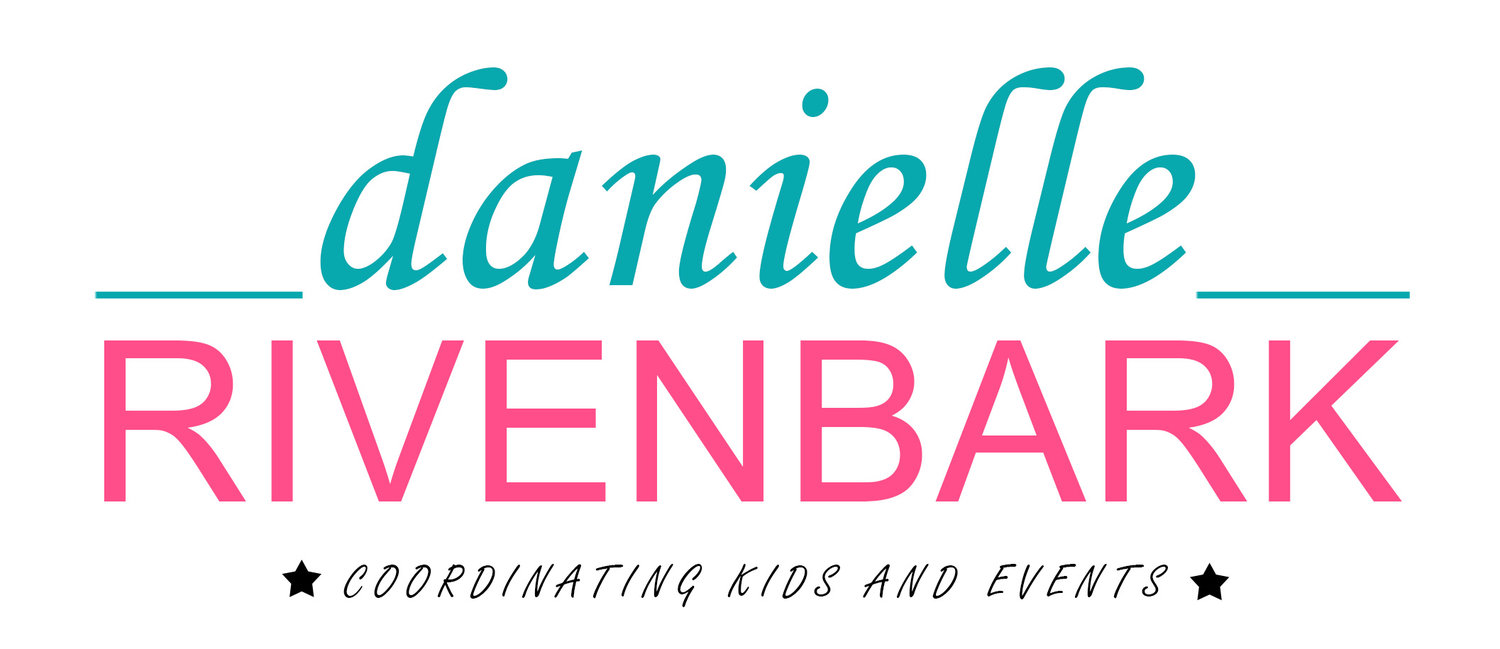"The customer is always right" is an adage that used to be the mantra to live by for those that worked in customer service. However, over the years we have found that while it's important to please the customer, he or she is not the only stakeholder for your business or event. As an event planner, there are two major stakeholders I want to highlight, your clients and your vendors. These are two groups that you need to make you business run. Sometimes their needs come into conflict. Both relationships are essential to your success, so keeping everyone happy can be a juggling act!
A few weeks ago, I ran a course at the School of Government that utilized a hotel block in the form of a rooming list. This means that I needed to supply the list of people that would be attending the course to the hotel. The hotel room charges and taxes would be put on our master account, and the incidentals would be up to the clients.
As the course got closer, the cancellations began to roll in. Also, with the cancellations came the additions. These were not always one-to-one switches or requested at the same time. I felt as thought my hotel vendor and I were joined at the hip the day before the program. "This person is canceling for tonight and tomorrow, but this other person wants to add a reservation for tonight, which is in addition to his existing reservation for tomorrow night, can we make this happen?"
Complicated much?... Are you still with me?
With so many emails flying back and forth between the director of sales and myself it was time to pick up the phone. I knew that over the past few days that my requests had come swiftly and frequently, and it was time to ensure that I was going to maintain the relationship and not be deemed the "pain in the ass client."
So yes, I'm the client to the hotel in this situation and I know the hotel is going to do everything possible to accommodate me. I also know that I should not try and take advantage of my status as the client because this is not a "one and done" situation. I will be back with more business in the future. My relationships and reputation with my vendors are essential to my work, and I need to continue to do business for my other clients with these vendors.
So how do you please your clients, while maintaining your relationship with your vendors. After all, angry clients aren't good for business either. Here are 4 simple tactics for maintaining the balance.
Under Promise, Over Deliver
When you get a request from a client, don't make promises you can't keep. If you don't know whether or not your vendor will be able to accommodate the request, then say that. I will often tell my clients that I want to accommodate their request, but I have to check with the vendor first to be sure. I try and adjust the client's expectations. If the client believes that it is a long shot to execute the request then they will be thrilled if I'm able to fulfill it and they won't be disappointed if I can't.
Don't Blame
If your vendor isn't able to accommodate a request from a client, don't play the blame game. Your vendor is likely doing all that they can to accommodate you, but sometimes it's just not in the cards. You don't want to taint your vendors' reputation unnecessarily. A simple explanation for something that can't be done is better than bad-mouthing your vendor to your client.
Be Honest
Both clients and vendors appreciate your honesty. When I called the director of sales at the hotel I apologized for the number of cancellations that I had. I also let her know why a few had to cancel and she understood completely. Being able to provide a reason was helpful to her, and hearing my voice conveyed my message better than an email. Which leads me to my final point.
Use the Right form of Communication
You can't read tone in an email. Sometimes you can infer if someone uses ALL CAPS or lots of exclamation points!!!! But for the most part we are asking a lot of our clients and vendors to read into what we really mean in our emails. While an email provides documentation that a phone call cannot, there are times that a phone call will be much more meaningful. I used this tactic to call the director of sales. She could hear the inflection in my voice and instantly understood that I was just trying to do the best thing for my clients given the situation.
Keeping clients and vendors happy are equally important in the event industry. I wouldn't know what to do if either relationship was lost.
